There are new projects in the Student Project Bank for the following subject areas:
- Business, management and marketing
- Health and social care
- Media and communications
- Computing and information technology
Projects are available to all undergraduate and postgraduate students at BU and can be used for their dissertation, assignment, unit or group work. Members of staff may also choose a project to set to their students. A complete list of projects is available here.
SPB025: Marketing strategy for Pause Cat Cafe
Suitable for: Undergraduate/ postgraduate
Description: Create a marketing strategy for Pause Cat Café. Pause are particularly interested in reaching markets that are not generally aware of the concept of a cat café and markets that could benefit from the therapeutic effects of spending time with cats. They are open to new and innovative ideas. This project can be combined with SPB026 if required.
SPB026: Social media strategy for Pause Cat Cafe
Suitable for: Undergraduate/ postgraduate
Description: Create a social media strategy for Pause Cat Café. Identify new and unusual ways Pause could build upon the current ways cats are featured on social media. The strategy will need to identify ways to approach and resolve negative press that may be directed towards the café. This project can be combined with SPB 025 if required.
SPB027: Develop a website for Pause Cat Cafe
Suitable for: Undergraduate/ postgraduate
Description: Develop a website for Pause Cat Café to promote their business and share news of their projects.
SPB028: Research project into the benefits of interaction with cats on mental and physical health and well being
Suitable for: Undergraduate/ postgraduate
Description: Research the benefits of interaction with cats on mental and physical health and wellbeing using quantitative and qualitative methods. Produce a report on your findings.
SPB029: Create a documentary about Pause Cat Café
Suitable for: Undergraduate/ postgraduate
Description: Create a 20 minute documentary about Pause Cat Café that can be used for promotional purposes. The documentary will focus on the welfare and care of the cats that live at the café and the community work the café aims to do in the future.
SPB030: Create a short documentary about the community living on Bourne estate
Suitable for: Undergraduate/ postgraduate
Description: Create a 6-10 minute video capturing the activities and the voices of the people living on Bourne estate from January-June 2017. This will be used to demonstrate the success of a six year neighbourhood management project in the area. The film will be shown to the community and local agencies.
SPB031: Create an app or online platform to increase engagement in the Count On Me community carbon-counting campaign
Suitable for: Undergraduate/ postgraduate
Description: Count On Me (a Transition Bournemouth project) is a community carbon-counting campaign designed to promote and encourage sustainable behaviour. It helps tackle climate change by celebrating the positive steps people are taking. Develop an app for iPhone/Android or an online platform that will capture data from Bournemouth residents about their activities that produce carbon savings such as cycling or eating less meat.
Apply now
If you would like to find out more and apply for one of the above projects, send us an email to request a project brief and an application form.
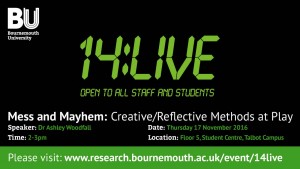
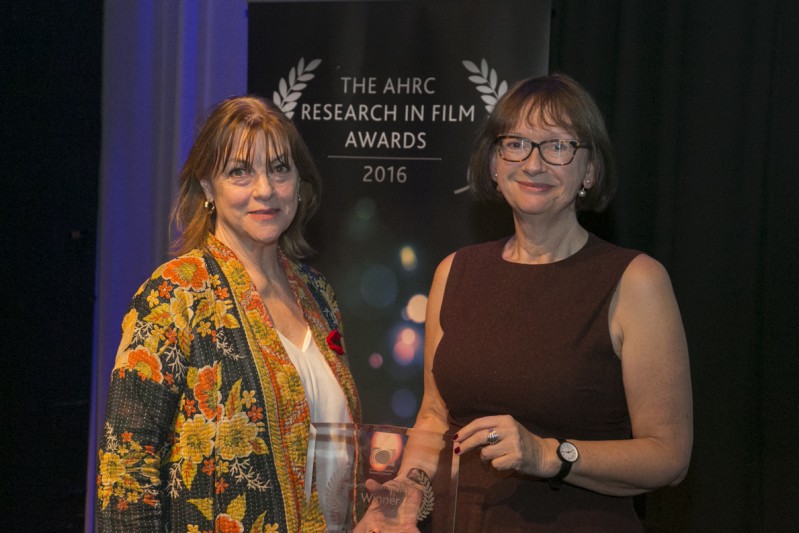
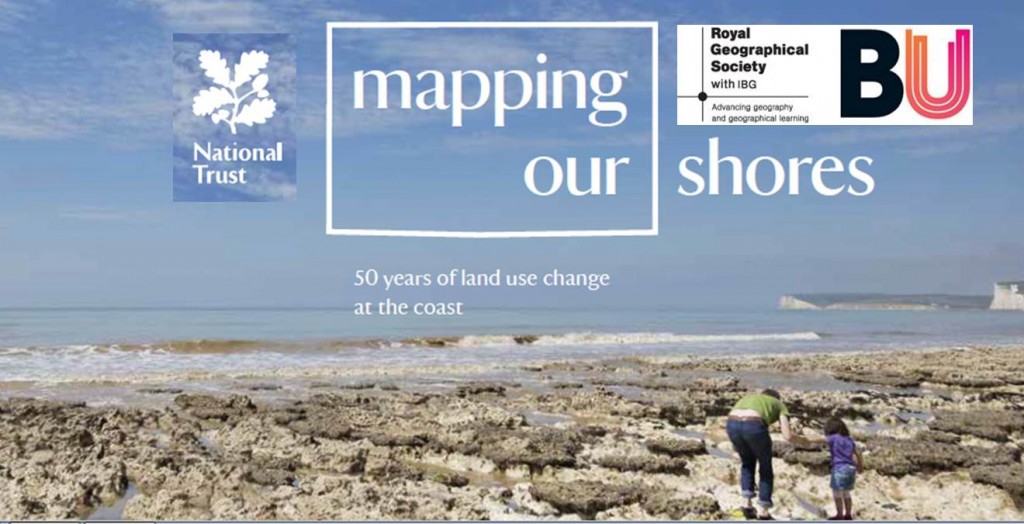 Have you thought about how much our landscapes have changed in the last 50 years?
Have you thought about how much our landscapes have changed in the last 50 years?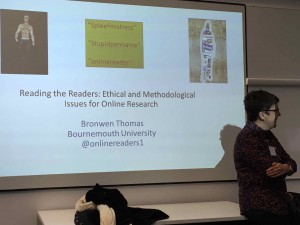
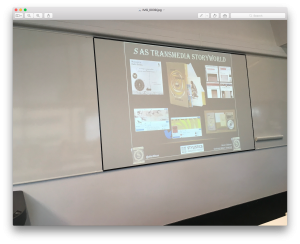
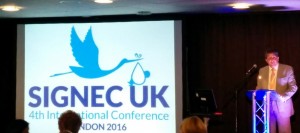
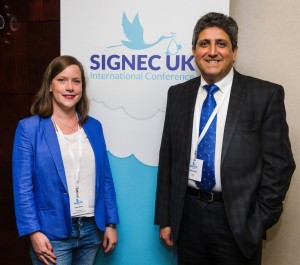 My supervisor Dr Simon Dyall and I were delighted to be invited to attend this event, since, together with Minesh, we are looking at the role of essential fatty acids in perinatal health. As stated above, NEC is a major health concern in the perinatal period, which potentially benefits from essential fatty acids. Furthermore, the event was a perfect opportunity to network with people working in the field of perinatal health and to get more ideas for future research.
My supervisor Dr Simon Dyall and I were delighted to be invited to attend this event, since, together with Minesh, we are looking at the role of essential fatty acids in perinatal health. As stated above, NEC is a major health concern in the perinatal period, which potentially benefits from essential fatty acids. Furthermore, the event was a perfect opportunity to network with people working in the field of perinatal health and to get more ideas for future research.
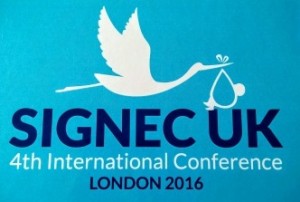 If you would like to learn more about SIGNEC UK or attend next year’s conference, please contact Prof Minesh Khashu at
If you would like to learn more about SIGNEC UK or attend next year’s conference, please contact Prof Minesh Khashu at  he following is a snap-shot of funding opportunities that have been announced. Please follow the links for more information:
he following is a snap-shot of funding opportunities that have been announced. Please follow the links for more information: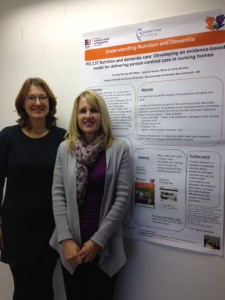
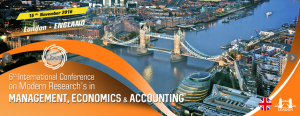

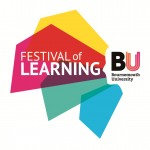 Don’t miss our drop-in sessions where we can offer you support in planning your event for Festival of Learning 2017.
Don’t miss our drop-in sessions where we can offer you support in planning your event for Festival of Learning 2017.










 BU paper among top 20 most cited papers
BU paper among top 20 most cited papers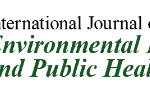 Nepal migrant workers returning from India
Nepal migrant workers returning from India New BU midwifery publication
New BU midwifery publication MSCA Postdoctoral Fellowships 2025 Call
MSCA Postdoctoral Fellowships 2025 Call ERC Advanced Grant 2025 Webinar
ERC Advanced Grant 2025 Webinar Horizon Europe Work Programme 2025 Published
Horizon Europe Work Programme 2025 Published Horizon Europe 2025 Work Programme pre-Published
Horizon Europe 2025 Work Programme pre-Published Update on UKRO services
Update on UKRO services European research project exploring use of ‘virtual twins’ to better manage metabolic associated fatty liver disease
European research project exploring use of ‘virtual twins’ to better manage metabolic associated fatty liver disease